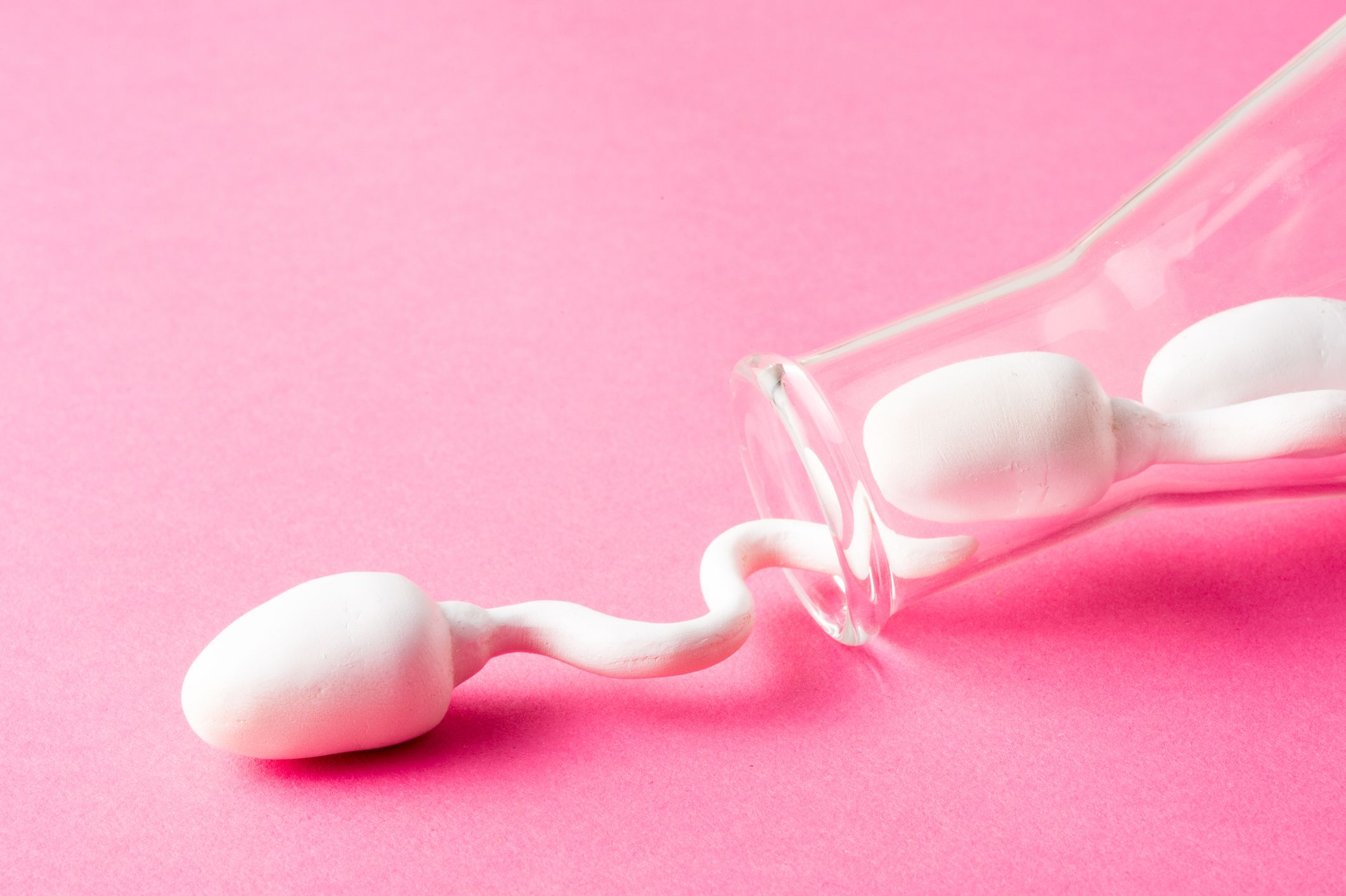The Mystery Unveiled: Does Sperm Die When it Hits Air?
As we explore the ins and outs of human reproduction, a myriad of questions arise, and one of the most common ones is whether sperm dies instantly upon exposure to air. Let's delve into this topic and clarify the myths from the realities.

It is important to note that sperm is a delicate entity with specific environmental requirements for optimal viability. Contrary to popular belief, sperm does not instantaneously die when it comes into contact with air.
Sperm cells are exceptionally resilient and designed to survive through various conditions, within reason. Once semen is ejaculated from the male reproductive system, it encounters air immediately. Given the millions of spermatozoa residing in each ejaculation, it is only logical that at least some sperm would be exposed to air as they swim through the reproductive tract.
The truth is, sperm is quite sensitive to drastic environmental changes, such as extreme temperature fluctuations and harsh chemicals. However, air, which consists primarily of nitrogen, oxygen, and trace amounts of other gases, does not pose an immediate threat to sperm survival.
Proper storage conditions play a crucial role in maintaining sperm viability. Sperm cells are typically kept within a pH-balanced, temperature-regulated environment suitable for their longevity. This controlled environment helps protect the sperm from premature loss of motility or DNA damage. However, once outside the body, these protective measures cease to exist.
Despite this, sperm can remain viable for a period of time when exposed to air, depending on various factors. The quality of the sperm, the specific conditions, and individual sperm's location all contribute to how long it can survive.
Research suggests that sperm exposed to air may start losing their motility within minutes or hours. However, it is important to remember that not all sperm will die immediately. Some may maintain their motility for an extended duration.
So, does sperm die when it hits air? The answer is not a simple yes or no. It relies on many factors and can vary from sperm to sperm.
In conclusion, while sperm does not die instantaneously upon contact with air, it begins to lose motility over time. The rate at which sperm loses its viability depends on various factors such as environmental conditions and individual sperm quality. However, it's worth noting that the chances of fertilization decrease significantly once sperm is exposed to air for an extended period.
To ensure the best chances of successful conception, it is advisable to always store sperm in appropriate conditions or seek professional assistance when needed.
Related FAQs about does sperm dies when it hits air
Does sperm die instantly when it hits air?
No, sperm does not instantly die when it comes into contact with air. While it may lose its motility over time, the rate at which it happens depends on various factors.
What factors affect sperm's viability when exposed to air?
The factors that affect sperm's viability when exposed to air include sperm quality, environmental conditions, temperature, pH balance, and individual variations.
How long can sperm survive when exposed to air?
The survival duration of sperm when exposed to air varies depending on different factors. While some sperm may maintain motility for a few minutes or hours, others may lose viability more quickly.
Can sperm still fertilize an egg if it has been exposed to air?
The chances of fertilization decrease significantly once sperm has been exposed to air for an extended period. While some sperm may still be able to fertilize an egg, the likelihood is significantly reduced.
What can be done to ensure the best chances of successful conception?
To ensure the best chances of successful conception, it is advisable to store sperm in appropriate conditions or seek professional assistance when needed. Proper storage, along with a suitable environment, can help maintain sperm quality and viability.
Glossary about does sperm dies when it hits air
1. sperm: Sperm refers to the reproductive cells produced by males in many animals, including humans. These cells are responsible for fertilizing the female egg and initiating the process of reproduction.
2. environment: In the context of this article, environment refers to the surrounding conditions in which sperm cells are exposed to, including factors such as temperature, pH balance, and exposure to air.
3. viability: Viability refers to the ability of sperm cells to stay alive and remain capable of fertilizing an egg. It depends on various factors, including their motility and overall health.
4. pH: pH is a measurement used to determine the acidity or alkalinity of a substance. In this context, it refers to the balanced acidity level necessary for maintaining the health and viability of sperm cells.
5. motility: Motility refers to the ability of sperm cells to move and swim, which is crucial for them to reach and penetrate the female egg during fertilization.
6. DNA: DNA, short for deoxyribonucleic acid, is a molecule that contains genetic instructions used in the development and functioning of all known living organisms. Sperm cells carry half of the genetic material required for human reproduction.
7. conception: Conception refers to the moment at which fertilization occurs, and a new life begins to form. It involves the fusion of a sperm cell with an egg cell, resulting in the formation of a zygote.
8. fertilization: Fertilization is the process by which an egg and sperm cell combine to create a zygote, which eventually develops into an embryo. It marks the initial stage of pregnancy.
